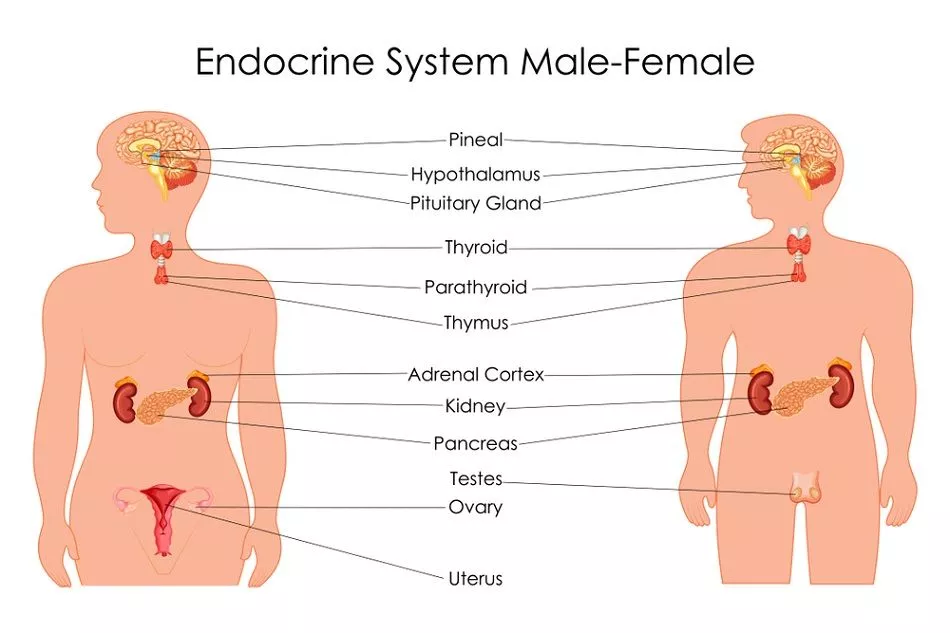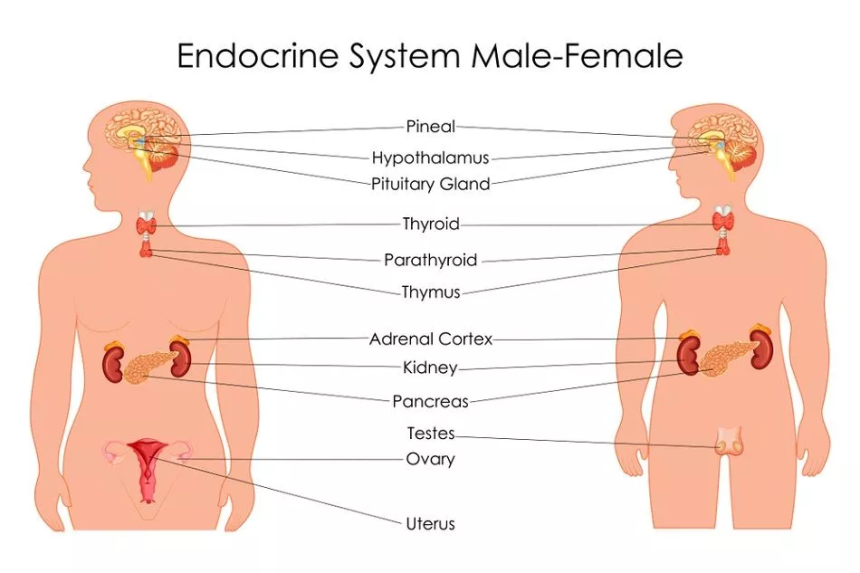The human body is a marvel of intricate systems and functions, each working harmoniously to maintain balance and ensure optimal health. Among these systems, the exocrine system plays a crucial role, albeit one that often goes unnoticed. In this comprehensive guide, we delve into the depths of the duct gland, unraveling its complexities, functions, and significance in the human body.

Unveiling the Exocrine System: What Exactly Is It?
The exocrine system is a vital component of the human body, responsible for producing and secreting various substances essential for digestion, lubrication, and protection. Unlike its counterpart, the endocrine system, which releases hormones directly into the bloodstream, thesalivary gland utilizes ducts to transport its secretions to specific target areas.
Exploring the Anatomy of the Exocrine System
To understand the exocrine system better, let’s explore its anatomy. This system comprises a network of glands distributed throughout the body, each with its specialized function. These glands can be found in various organs, including the pancreas, salivary glands, sweat glands, and sebaceous glands.
Functions of the Exocrine System
The duct gland serves a multitude of essential functions, crucial for maintaining overall health and well-being:duct gland
Digestion:
One of the primary functions of the exocrine system is to aid in digestion. Glands such as the pancreas secrete digestive enzymes into the digestive tract, where they help break down food into smaller molecules for absorption.
Moisturization and Lubrication:
Certain exocrine glands, such as the sweat glands and sebaceous glands, play a vital role in moisturizing and lubricating the skin. Sweat glands regulate body temperature by secreting sweat, while sebaceous glands produce sebum, an oily substance that helps keep the skin hydrated and supple.
Protection:
Exocrine secretions also contribute to the body’s defense mechanisms by creating barriers against pathogens and foreign invaders. For instance, tears produced by the lacrimal glands contain enzymes and antibodies that protect the eyes from infections.
Common Disorders of the mammary gland
Despite its importance, the exocrine system is susceptible to various disorders that can disrupt its normal functions. Some common disorders include:
Pancreatitis:
Inflammation of the pancreas, often caused by excessive alcohol consumption or gallstones, can impair the production and secretion of digestive enzymes, leading to digestive problems and abdominal pain.
Cystic Fibrosis:
This genetic disorder affects the exocrine glands, causing the production of thick, sticky mucus that clogs the airways and digestive system, leading to respiratory and digestive complications.
Sjögren’s Syndrome:
An autoimmune disorder that primarily affects the salivary and lacrimal glands, resulting in dry mouth and eyes due to decreased saliva and tear production.
The Importance of Maintaining Exocrine Health
Maintaining a healthy duct gland is paramount for overall well-being. Adopting a balanced diet, staying hydrated, and avoiding excessive alcohol consumption can help support proper exocrine function. Additionally, regular exercise and stress management techniques can aid in maintaining optimal glandular health.
Conclusion: Embracing the Significance of the Exocrine System
In conclusion, the mammary glandis a vital component of the human body, responsible for producing and secreting substances essential for digestion, moisturization, lubrication, and protection. Understanding its anatomy, functions, and common disorders underscores the importance of maintaining optimal exocrine health for overall well-being. By nurturing this often overlooked system, we can strive towards a healthier and more balanced life.
As we unravel the intricacies of the salivary gland, we gain a deeper appreciation for the marvels of the human body and the interconnectedness of its various systems. From digestion to protection, the exocrine system quietly performs its duties, ensuring our bodies function smoothly and efficiently. Let us cherish and care for this remarkable system, for it is truly deserving of our admiration and attention.


